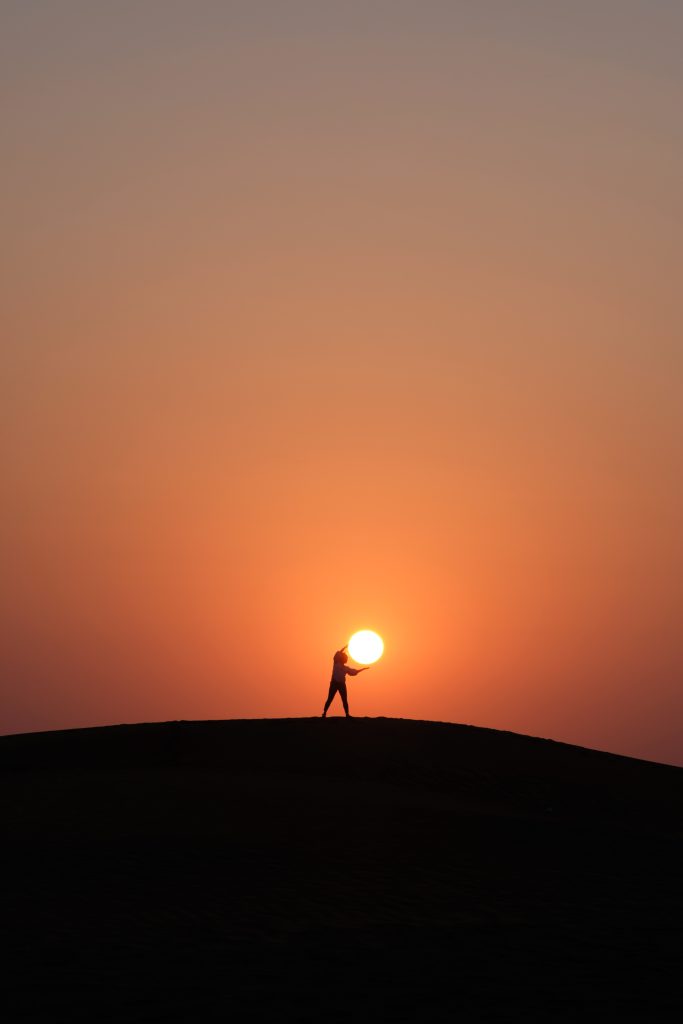Alcohol is not a thirst quencher!
As our weather turns warmer, it would be wise to leave the alcohol on the liquor store shelves and drink lots of water.
During hot summer days, fluid loss occurs through sweat, increased urination, and other factors, and fluid loss through alcohol consumption. As a result, dehydration and heat-related illnesses such as heat exhaustion and heat stroke are quick to occur. Further, consuming alcohol during outdoor summer activities comes with health risks besides the health risks of drinking alcohol.

Having too much alcohol and not enough water can make you sick
The National Institute on Alcohol Abuse and Alcoholism reports that alcohol dehydrates the body, resulting in a net fluid loss rather than net fluid gain. The institute notes that alcohol suppresses the release of vasopressin, a hormone produced in the brain that signals the kidneys to retain fluid. As a result, the substance triggers increased urination and dehydration, worsening hangover symptoms and contributing to heat exhaustion and heat stroke.
In a recent report, one scientist explained how and why alcohol dehydrates the body by describing the biological phenomena involved. To summarise the findings, Dr Karl says, “If you consume 200 millilitres of beer, you will urinate 200 millilitres of urine. However, you will urinate a total of 320 millilitres of urine, not just 200 millilitres. In general, each shot of alcohol results in an extra 120 millilitres of urine. You urinate more urine than usual due to the elevated alcohol in your bloodstream.”
The body loses more water than it takes in when alcohol levels in the bloodstream are elevated, consequently leading to dehydration and other health issues.
Alcohol abuse and summer accidents and injuries are connected
According to NIAAA research, people are at heightened risk for accidents when they consume alcohol and engage in summer activities, in addition to the dehydration risks caused by alcohol consumption.
The list above is not comprehensive, but one can see how alcohol consumption combined with summer activities leads to a higher risk for accidents, injuries, illnesses, and even death.
It appears that the future will be a hot
According to recent weather alerts from multiple sources, the summer of 2022 was one of the hottest on record. June heat waves caused record-breaking temperatures, impacting more than millions and even damaging infrastructure such as airport runway tarmacs. Other weather forecasts published in the spring of 2022 have hot summers, monsoon rains, severe flooding, and drought-level dry conditions in arid regions.
Many of these forecasts have already been confirmed, and the hottest weather is still to come. Because hot weather leads to increased heat-related emergencies, Britishers must take extra precautions to stay hydrated. Hydration is the first line of defence against heat-related injury.

Drink plenty of water to stay hydrated
Understanding that individuals should drink more water when outside in a hot environment is crucial. This is particularly true if the individual is working or exercising.
Since alcohol can cause dehydration, working in a hot environment can increase the risk of heat illness if alcohol is consumed within 24 hours. It seems that, in addition to being harmful to the body when consumed during hot weather, alcohol can be harmful for up to one day afterwards.
Resist the social pressure and incentive to consume alcohol at summer parties and clever yet deceptive marketing pitches that assert alcohol is a quenching thirst reliever.
It would be best if you abstained from alcohol during summer activities, particularly those involving hot weather, strenuous physical activity, and lengthy periods outdoors.
If you or a loved one is struggling with an alcohol-related issue, call Freephone 0800 140 4044
Freephone: 0800 140 4044
Local rate: 0300 330 3040



